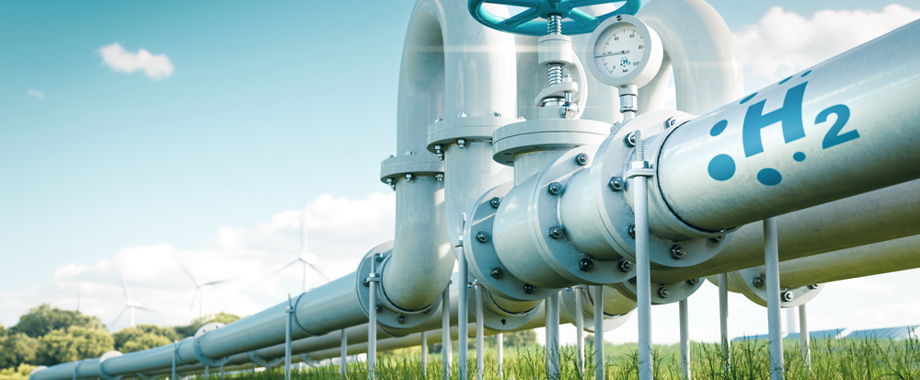
H2med Confirms Technical Feasibility for Barcelona–Marseille Hydrogen Pipeline
H2med partners have confirmed the technical feasibility of the BarMar hydrogen pipeline between Barcelona and Marseille after extensive geophysical studies. The project is now advancing toward a 2032 start date as part of Europe’s emerging cross-border hydrogen network.
(P&GJ) — The H2med partners announced that the BarMar hydrogen pipeline between Barcelona and Marseille has passed its first full technical feasibility assessment, marking a major step forward for the European hydrogen corridor. The confirmation follows extensive geophysical survey campaigns completed in 2024 and summer 2025, along with detailed engineering and geotechnical studies.
According to the project consortium, the surveys found no significant physical constraints along the proposed offshore route. All required infrastructure crossings were deemed technically manageable, and seabed and terrain conditions along the corridor present no critical engineering challenges. As a result, developers say the BarMar route is considered fully viable for a large-scale hydrogen pipeline.
With feasibility now established, BarMar will advance on the project timeline shared with H2med’s wider infrastructure plan. Both the BarMar interconnection and the CelZa project are now targeting a 2032 Commercial Operation Date (COD). Developers note that the schedule accounts for permitting, national authorization processes, and coordination with each country’s emerging hydrogen transmission network. Because H2med is intended to serve as the main pan-European hydrogen backbone, synchronizing national development plans remains essential.
The H2med initiative has gained momentum since being designated a Project of Common Interest (PCI) by the European Commission in 2024. In 2025 alone, the partners finalized grant agreements with CINEA for both BarMar and CelZa, formally established the new BarMar project company, and secured renewed political support from all participating member states. Industry engagement has also expanded, with 49 companies now participating in the H2med Alliance across the hydrogen value chain.
Project developers also emphasized that efforts to harmonize cross-border permitting, governance, and hydrogen regulatory frameworks are setting a precedent for future transnational energy infrastructure in Europe.
The H2med corridor is being advanced jointly by major gas transmission system operators across Europe, including:
- Enagás (Spain) – operating more than 12,000 km (7,456 miles) of pipelines, three storage sites and eight regasification plants, and currently positioned to act as Spain’s provisional Hydrogen Transmission Network Operator.
- NaTran (formerly GRTgaz, France) – Europe’s second-largest TSO with 33,800 km (21,000 miles) of pipelines and annual transport volumes of 590 TWh.
- OGE (Germany) – operating 12,000+ km (7,456+ miles) of hydrogen-, CO₂-, and natural gas-ready pipelines.
- REN Gasodutos (Portugal) – responsible for 1,300 km (808 miles) of high-pressure gas pipelines and key LNG/storage assets.
- Teréga (France) – managing 5,000 km (3,107 miles) of gas pipelines and major storage infrastructure in the southwest region.
The partners noted that 2025 marked a decisive acceleration in the project’s timeline, driven by reinforced political backing, project company formation, and engineering validation that confirmed BarMar’s offshore route is technically feasible and clear of major obstacles
